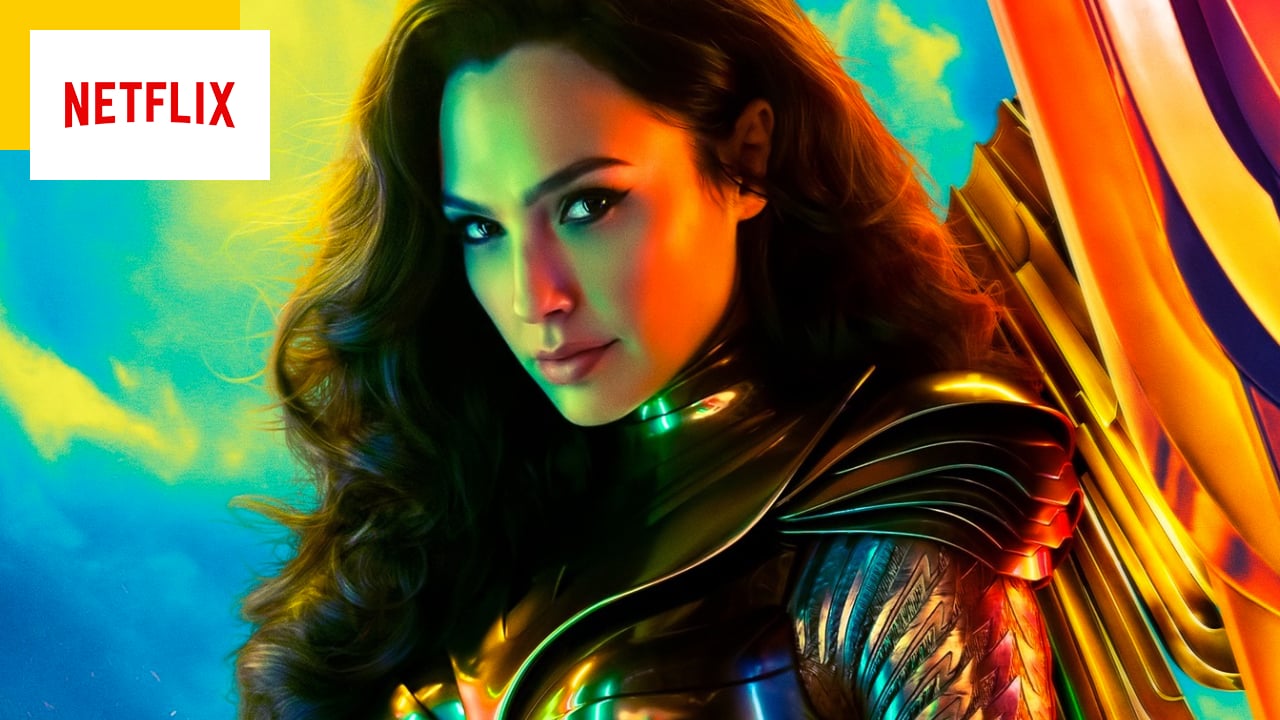Directed by Patty Jenkins, the sequel to “Wonder Woman” was released in a difficult context, impacted by Covid-19. But a controversy also marred the course of the film. Explanations.
Released in the midst of the Covid-19 pandemic, the second opus of the adventures of Wonder Woman did not experience the same fate as its predecessor. Of course there is the health context, but Patty Jenkins’ film was also slammed by critics and the public, far from coming out as enthusiastic as for the first part.
Added to all this is a controversy that the director probably did not expect. This controversy concerns one of the events which allows the return of a previously deceased character, that of Steve Trevor, played by Chris Pine.
When Diana Prince (Gal Gadot) gets her hands on the Stone of Dreams, she realizes that the artifact is capable of making her greatest wish come true. She then chooses to bring her great love back to life. The former soldier is resurrected in the body of an illustrious unknown – played by Kristoffer Polaha. Only Diana can see Steve Trevor. From an outside point of view, the unknown is as if “bewitched” by the artifact.
From then on, the controversy began. Barely released, the film is being singled out by several spectators on social networks who criticize the scenario for glorifying non-consent.
“I still can’t believe Wonder Woman 1984 made a sexual assault the pivotal part of Diana and Trevor’s romantic and magical reunion… Just, what the hell were they thinking?!”
“Did Diana and Steve basically rape the guy he owned? Steve inhabited another man’s body and they had sex. How is this supposed to be acceptable?“
“I’m always disappointed that in the same movie where a sexual assault victim says the word “NO”, loud and clear, over and over again, another person is used for sexual pleasure without their consent. HOW IS THIS POSSIBLE in a 2020 movie!? HOW?“
Five days after the film’s release, director Patty Jenkins responds to the controversy. She does not formulate a detailed response but sticks to a simple post on X (Twitter) in which a fan defends the choice of film.
The user in question explains on the contrary that Wonder Woman 1984 uses the codes of body swap – an Anglo-Saxon term which designates the fact that a character exchanges bodies with another – to better denounce it. “Patty Jenkins plays with this code and deliberately points out the nature of the problem that these films must circumvent”, he writes.
As an example, he even cites Big with Tom Hanks. “In the film, the character (a 12 year old child in an adult body) has a sexual relationship with an adult woman, which makes her a rapist.“
In reality, the comparison with Penny Marshall’s film doesn’t really hold up. In the feature film, Tom Hanks keeps the same body. The child character simply becomes an adult overnight.
To continue his argument, the Internet user also recalls that, as explained in Wonder Woman 1984, if the wish is revoked then the entire spell is canceled. Thus, the male victim would no longer be affected by the fate.
Wonder Woman 1984 is available on Netflix.
